-
Products
- Residential
- Commercial
- Home Enhancements
- Warranties
- Promotions
- Find a Dealer
- Sustainability
- Blog
- Contact
- Why Rheem
-

- Countries
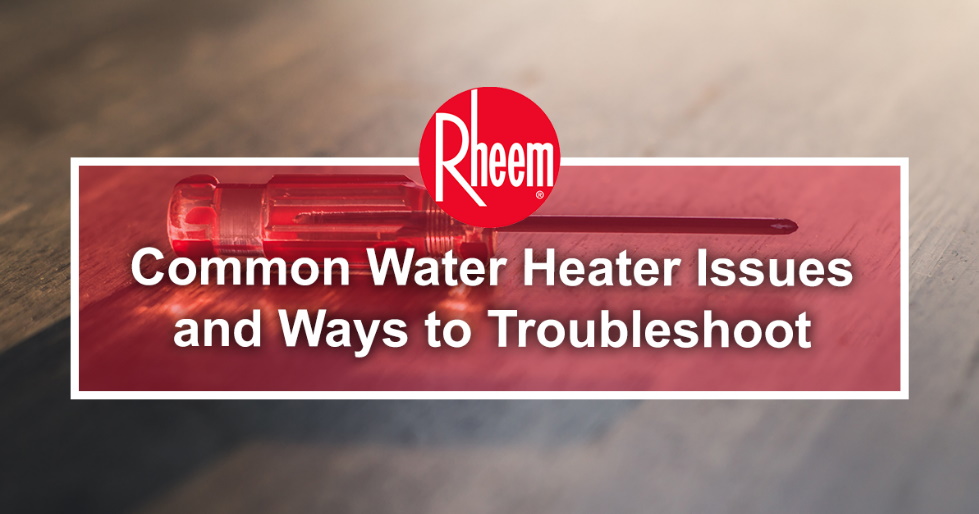
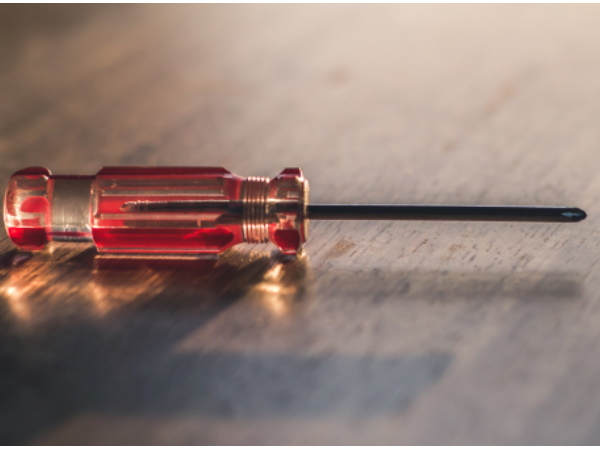
Lowering blood pressure, helping to soothe sore muscles, and providing relief from congestion. These are just some of the many benefits a good hot shower or bath can bring about.
With the stress and rigour of everyday life, jumping into a relaxing, rejuvenating and refreshing hot shower or bath is the best way to unwind and decompress after a long day. The stress relief that a hot shower or bath can bring about to our bodies and health has made it an essential part of our everyday routine.
Which is why the last thing we would want to experience after a long day is an unpleasant and frustrating shower experience.
But what does an unpleasant and frustrating shower experience even mean? A less than enjoyable shower experience can occur when your shower has low water pressure, if there are issues with the shower’s temperature such as short bursts or hot water followed by bursts of cold water, having a noisy shower or even experiencing smelly or dirty water coming out of your shower head.
If these are some issues you have recently experienced, there is no need to worry. We have compiled a list of common water heater issues and some potential ways you can troubleshoot your appliance to rectify the issue at home.
Please note: before proceeding with any fixes, adjustments or troubleshooting of your water heating appliance, it is important to practice and adhere to safety guidelines. Remember to disconnect and power off your water heating appliance before doing any fixing work on your water heater, and if the issue persists or if the troubleshooting is too complicated to proceed with, be sure to contact your plumber or a professional to help with the issues faced.
Rheem Malaysia will not be held liable or responsible for any damages to the appliance or person(s) doing any troubleshooting to their appliance.
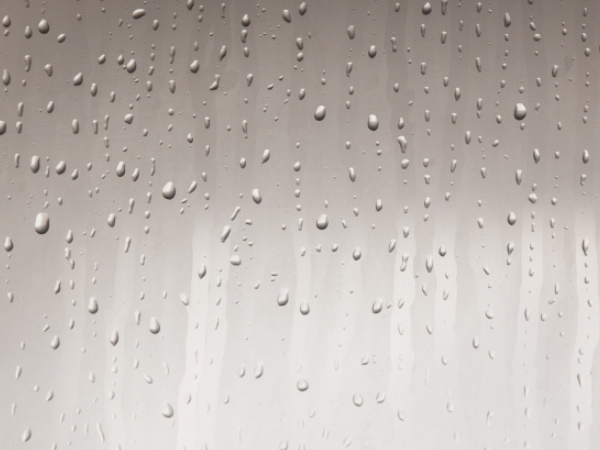
Water heaters undergo strict production checks and adhere to strict safety guidelines. Since water heaters are appliances that are used regularly in homes, it is important to ensure that the appliance is built to operate efficiently and that it would be able to provide a pleasant shower experience for the users.
However, as with any other electrical appliance that is used frequently, water heaters also start to operate less efficiently over time. In general, the estimated lifespan for a storage water heater is around 10 years and the estimated lifespan for an instant water heater is about 15 years. After this period, the overall operating efficiency of the water heating may fall significantly.
Using an old water heating appliance may result in a slew of different water heater problems occurring, such as leaks, temperature issues and discoloured water coming out from the shower faucet. In this case, the best course of action would be to replace the water heating unit as it has already reached the end of its lifespan.
But, if your water heater is still relatively new, the issues that you may be experiencing can be troubleshot. Below are some common water heater issues and the possible methods of troubleshooting these issues:
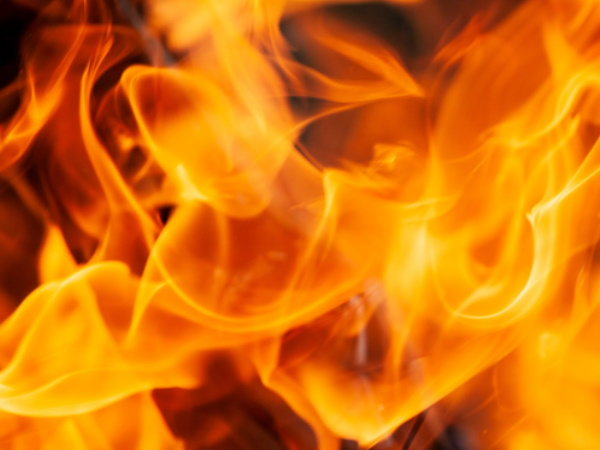
Noticing that the water from your shower comes out too hot or too cold frequently during your showers?
This issue indicates that your water heater’s thermostat may require temperature changes or that a power failure may be the cause. When the water flows too hot, lowering the setting of the thermostat temperature to 120 degrees Fahrenheit (or approximately 48 C°) is advisable as it may help balance the water heater temperature for a more comfortable experience. However, when the water is too cold, you may want to try checking the power switches to ensure they are turned on and are working properly. Test it once again and continue to reset any tripped circuit breaker or replace the blown fuse if still found faulty.
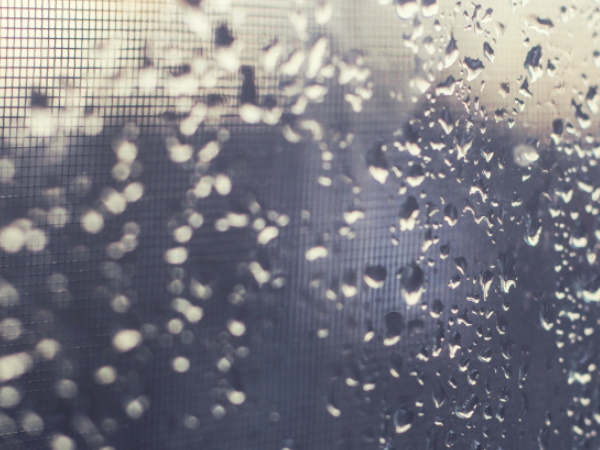
When a water heater leaks, it not only gets on your nerves but also can cause serious damage to your household’s infrastructure. The most common reason for a water heater leak may be a loose drain valve. A leak may occur after prolonged use of the water heater as condensation may build up and form on the valve as the unit heats up. To prevent leaks from happening at the drain valve, make sure that the drain valve has been closed completely. You can also try tightening the drain valve if the leak persists – however, it would be important to note that over-tightening the drain valve may cause the water heater to leak even more.
Another way to stop the leak will be to use a plumber’s tape around the valve to create a better seal.
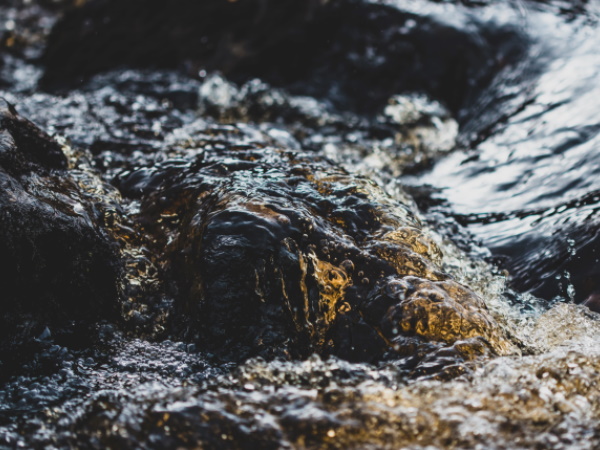
Having brown and dirty water gushing out of your shower head is a jarring experience. One of the main reasons for a brown and discoloured water flow may be due to sediment build-up in the water heater. This is more common for storage water heaters that store water in their tanks for extended periods and in areas that have a high amount of naturally occurring minerals such as magnesium, that form particles in the water heater tank over time.
To ensure that the tank is not filled with sediment that can potentially cause corrosion, it would be essential to flush the tank regularly. It would be recommended to flush your storage water heater at least once a year to make sure that there is proper water circulation through the water heating unit.
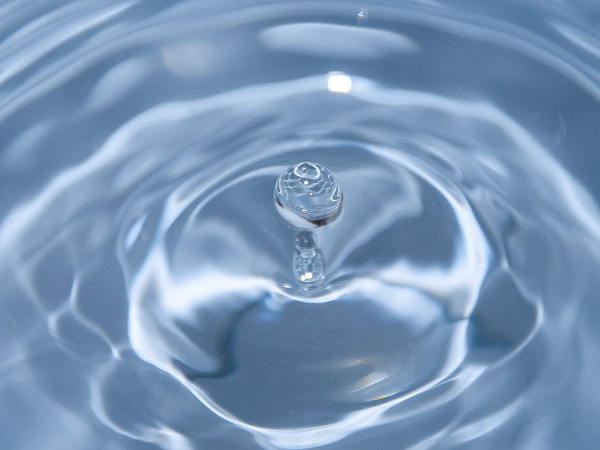
Running a shower that has a very low water pressure is not an enjoyable experience – especially when you are trying to wash the grime and dirt from your body after a tiring day.
A shower with low water pressure may be caused by clogged pipes preventing the water from flowing freely. Before you opt for a pipe replacement, you can try to handle the blockages on your own by dissolving any minerals that are clogging the shower heads and faucet fittings.
Low water pressure may also be caused by a limescale or sediment buildup on the showerhead itself. If your shower head looks like it has crusted, it would be recommended to either deep clean it to remove the limescale and sediment or to replace the showerhead entirely.

Experiencing a foul odour coming from your shower area? The smell of sulphur is usually reminiscent of rotten eggs, burnt matches or sewage. Certain substances and reactions in the water heater can intensify the sulphur smell emitting from the water coming out of the showerhead.
If you notice a sulphur odour from your shower head or water heater, it may be due to the stored bacteria in your hot water tank. Sometimes, this issue could also be caused by a chemical reaction between your magnesium rod and the hot water. A quick fix to eliminate the smell is by flushing out your tank and disinfecting your water heater to rid it of bacteria.
Above are just some of the potential ways to fix common water heater issues that many users face. If there are other issues you are experiencing with your water heater or if the issue you previously fixed above continues to persist, it would be recommended to contact a professional for help or to replace your water heater unit.
If you are looking to purchase a new water heater, why not consider Rheem? Rheem has a wide variety of residential and commercial water heating solutions to meet every need. With almost 100 years in the water heating industry, Rheem has produced innovative, reliable and long-lasting water heating solutions to meet the needs of our customers.
Enjoy the best shower experience with Rheem today. Find out more about the product range and product specifics on our official Rheem Malaysia website.
Subscribe

At Rheem, we strive to innovate
best-in-class products to lead the industry
in
environmental improvements.
Sustainability